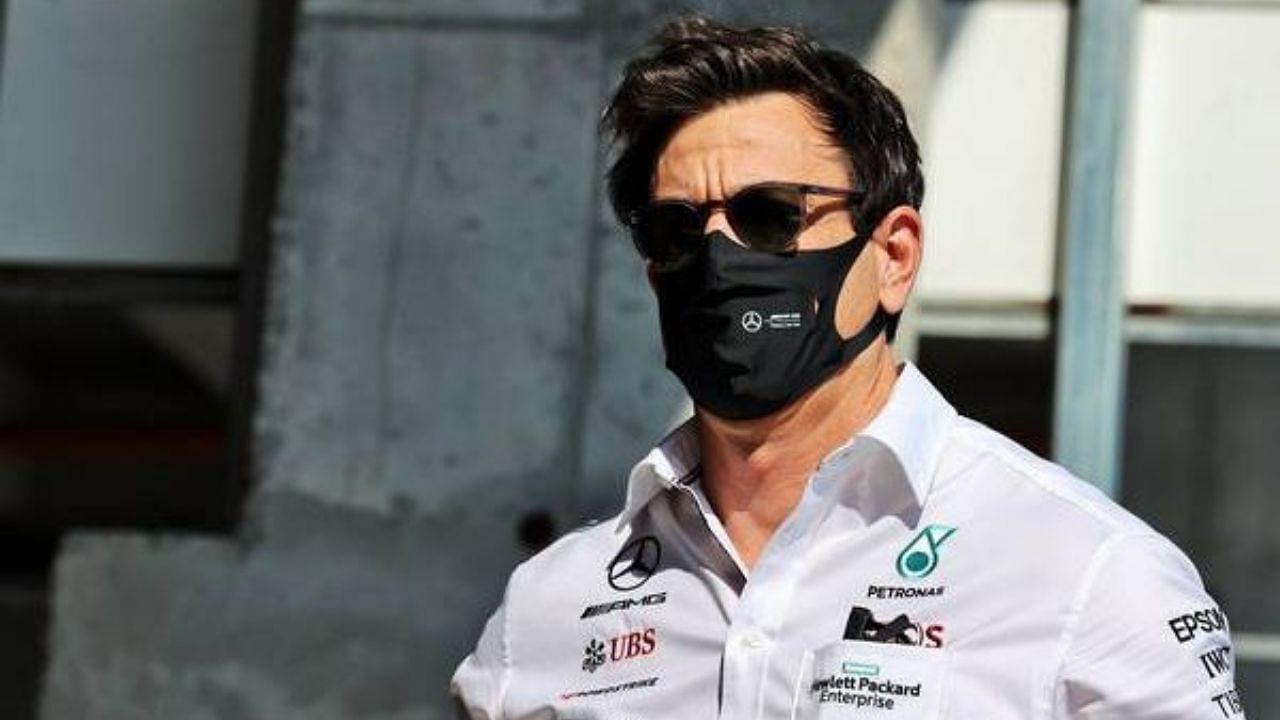“Triple-headers, is something that takes a toll”– Mercedes boss Toto Wolff is fine with length F1 calendars but wants to avoid fatigue within his team.
With Formula 1 striving for 23 races in 2022, a few teams have complained about fatigue to the F1 crew amidst the lengthy calendar. Though, top teams like Mercedes and Red Bull haven’t openly opposed the ideas.
Recently Christian Horner suggested finding a balance between increasing races and giving rest to the F1 contingent. Talking on similar lines, Toto Wolff has submitted staff rotation as a possible solution to this quandary.
“I think as much as we want to race around the globe, and we want to provide a great show in really good destinations, and make sure that the sport is growing in terms of audiences, footprint and commercial revenue, we also need to see what toll it takes on the people,” Wolff said.
“Twenty-three races, with triple-headers, is something that takes a toll. Now you can adopt the old-style mentality, and say ‘well, be happy that you are in Formula 1, and if you can’t cope, then do something else’, which is absolutely contrary to how I operate.”
“We need to create an environment where it becomes sustainable. We don’t want to reduce races, I’m absolutely with Stefano [Domenicali] there.”
“From 23 races, being able to take five out makes a huge difference for every individual that is in the sport,” Wolff said. “We need to come up with some kind of regulatory environment and say how many races can someone attend, and have a rotational quota.”
Opportunities to younger ranks
Wolff asserts his point by remarking that the constant rotation will give younger ranks opportunities, fill alternates for critical positions, and prepare them for high-pressure situations.
“We all have junior people in the organisations that we are bringing up that maybe haven’t been in the frontline, or in the hot seat,” Wolff said.
“If it’s the same for everybody, it will also help people to be exposed to the high-pressure environment of the race track, on the field, rather than just working in the background.”
“If you know that everybody has to do it, and everybody has to develop the younger people, I think that’s a tremendous initiative.”






